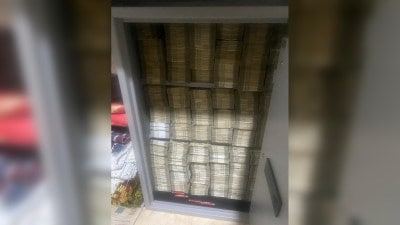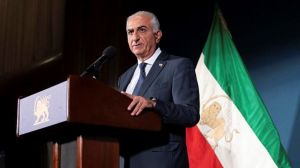Pakistan146;s war within
As it was said of Prussia, so in Pakistan it is the army that owns the state and not the other way round. No surprise...

As it was said of Prussia, so in Pakistan it is the army that owns the state and not the other way round. No surprise, then, that the existential crises 8212; both internal and external 8212; that confront Pakistan today are those of its army. Within a few years of Partition, the army emerged as the only credible institution in Pakistan. As the final arbiter of domestic political disputes, custodian of Pakistan8217;s ideology, and guardian of its internal security and foreign policy interests, the army not merely dominated the society, its position above and beyond the constitution was unchallenged. As he presides over a Pakistan that is in a shambles, Pervez Musharraf has done what none of Islamabad8217;s worst adversaries, including India, could imagine, let alone promote: robbing the army of its political legitimacy.
Musharraf8217;s first coup against corrupt and wayward civilian rule in 1999 was popular. After Saturday8217;s second coup against their own government, Musharraf and his army find themselves despised by liberal forces east of the Indus in the Punjab and Sindh, and treated with utter contempt by the Islamic extremists and Baloch nationalists west of the great river. The army that could once put any political formation out of business or discipline any other institution, is now bereft of either a political strategy or the institutional competence to place Pakistan back on the rails. Musharraf and his army have no one to blame but themselves. The events of September 11, 2001, had offered an extraordinary opportunity for the Pak army to define a new course for itself and the nation. The generous economic and political support from the US after 9/11allowed Pakistan to break out of its economic stagnation of the 1990s and seemed to reinforce Musharraf8217;s own agenda of 8216;enlightened moderation8217;. Musharraf8217;s failure to quickly transfer power to the civilians eroded support among the increasingly vocal middle classes. The decision to play both sides of the war on terror 8212; in Afghanistan 8212; has left the Pak army the main problem for both the US and Islamic extremists. The army no longer has the morale to confront the Islamic extremists that it once nurtured. If it gives up on a war that has little political support at home, Pakistan8217;s territory becomes a theatre for a direct confrontation between the US on the one hand and the Al-Qaeda and Taliban on the other. Only a divine intervention, it seems, can extricate Pakistan and its army from the quagmire they find themselves in today.
- 01
- 02
- 03
- 04
- 05































